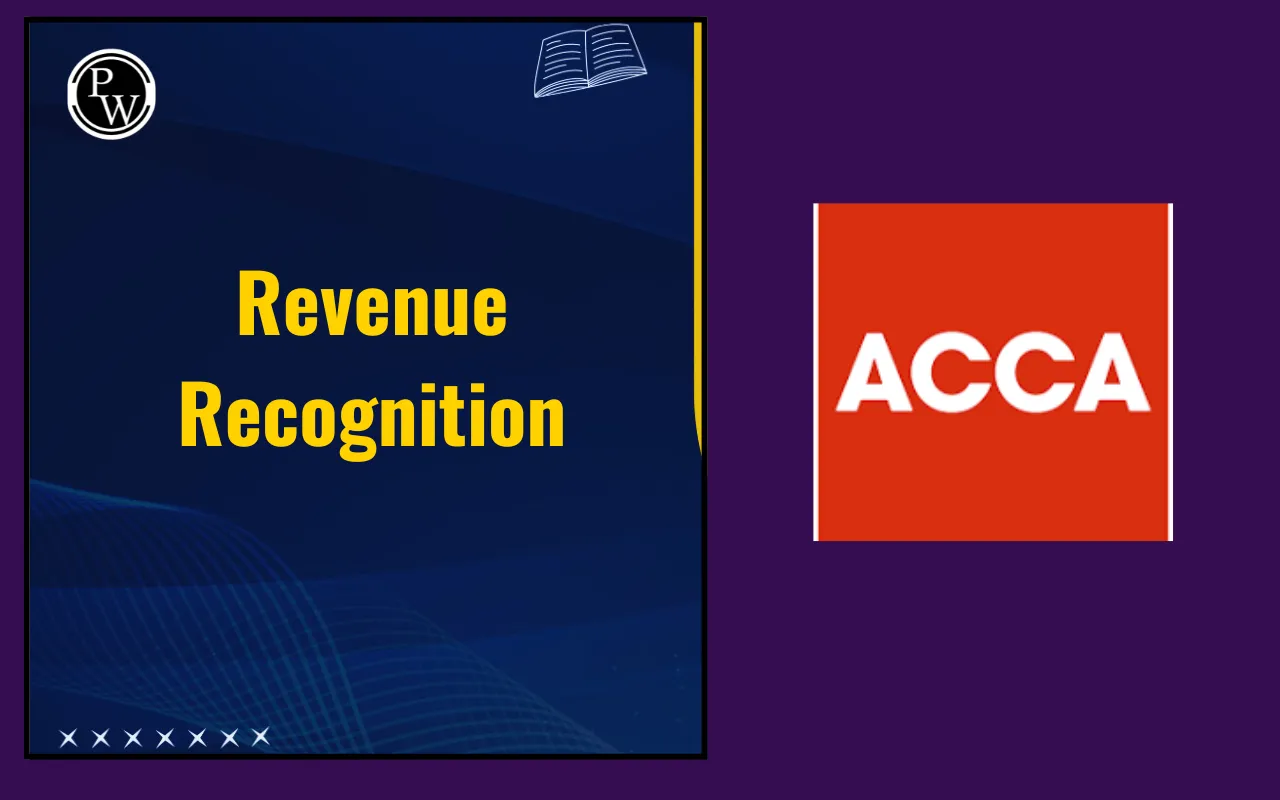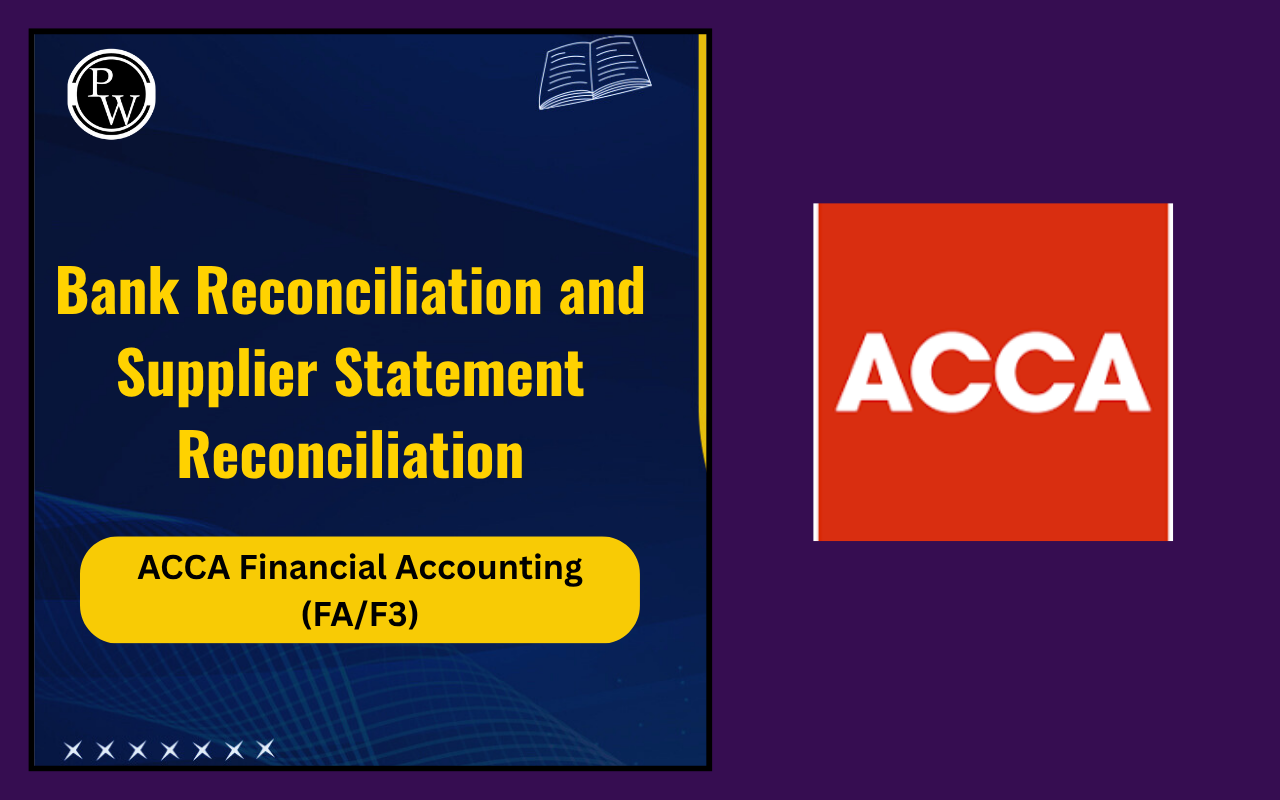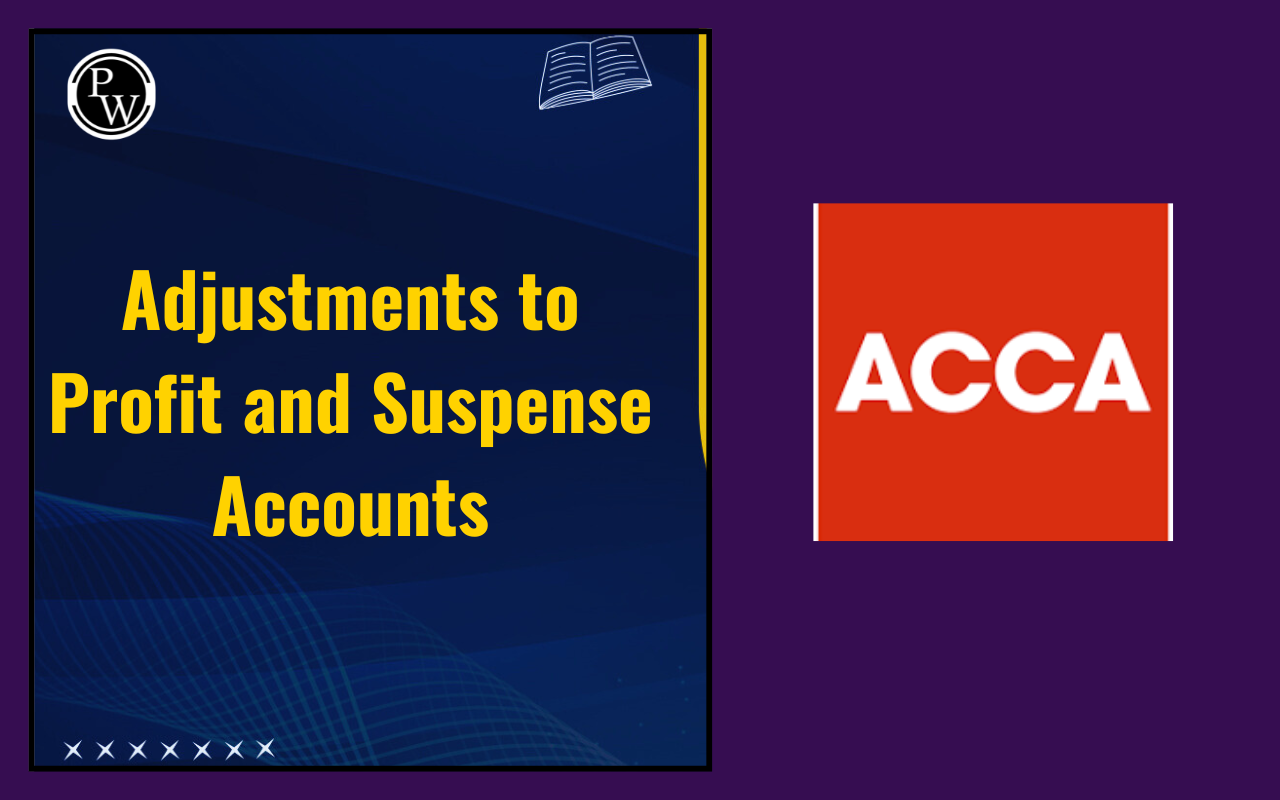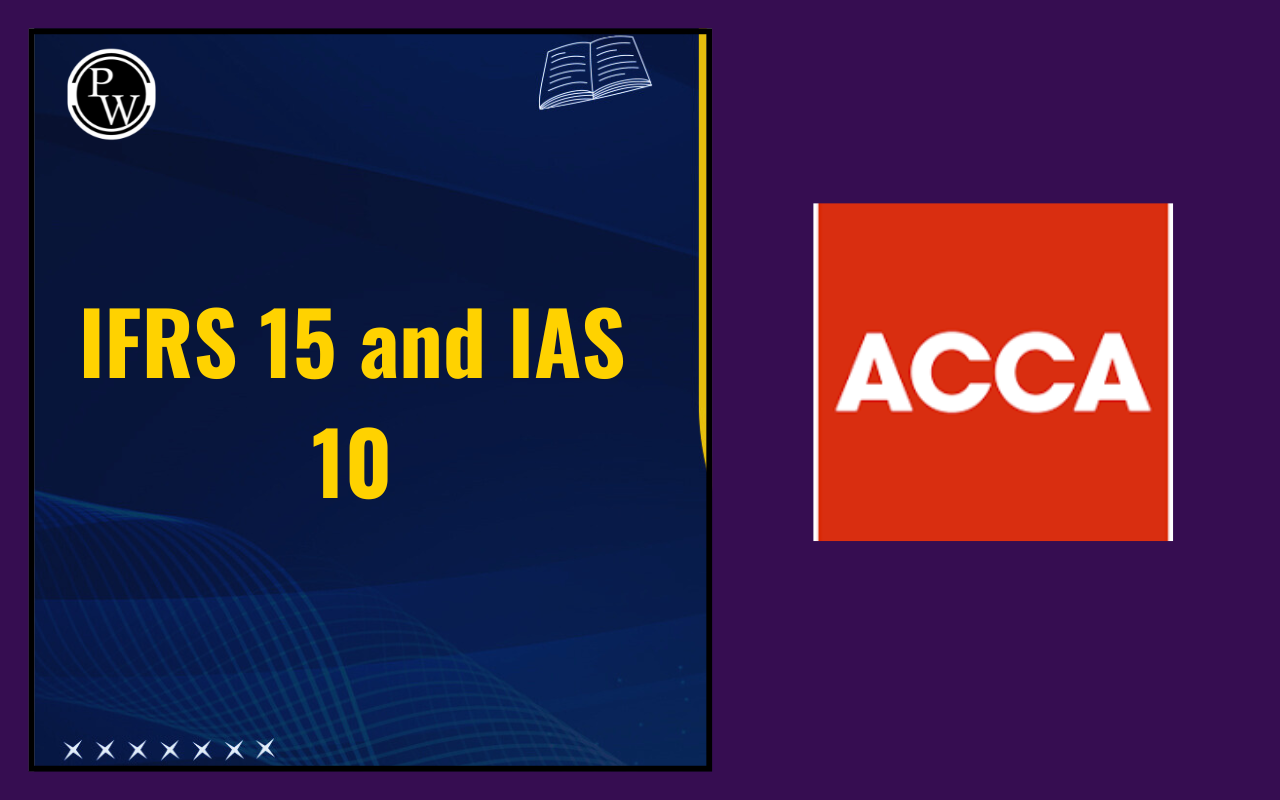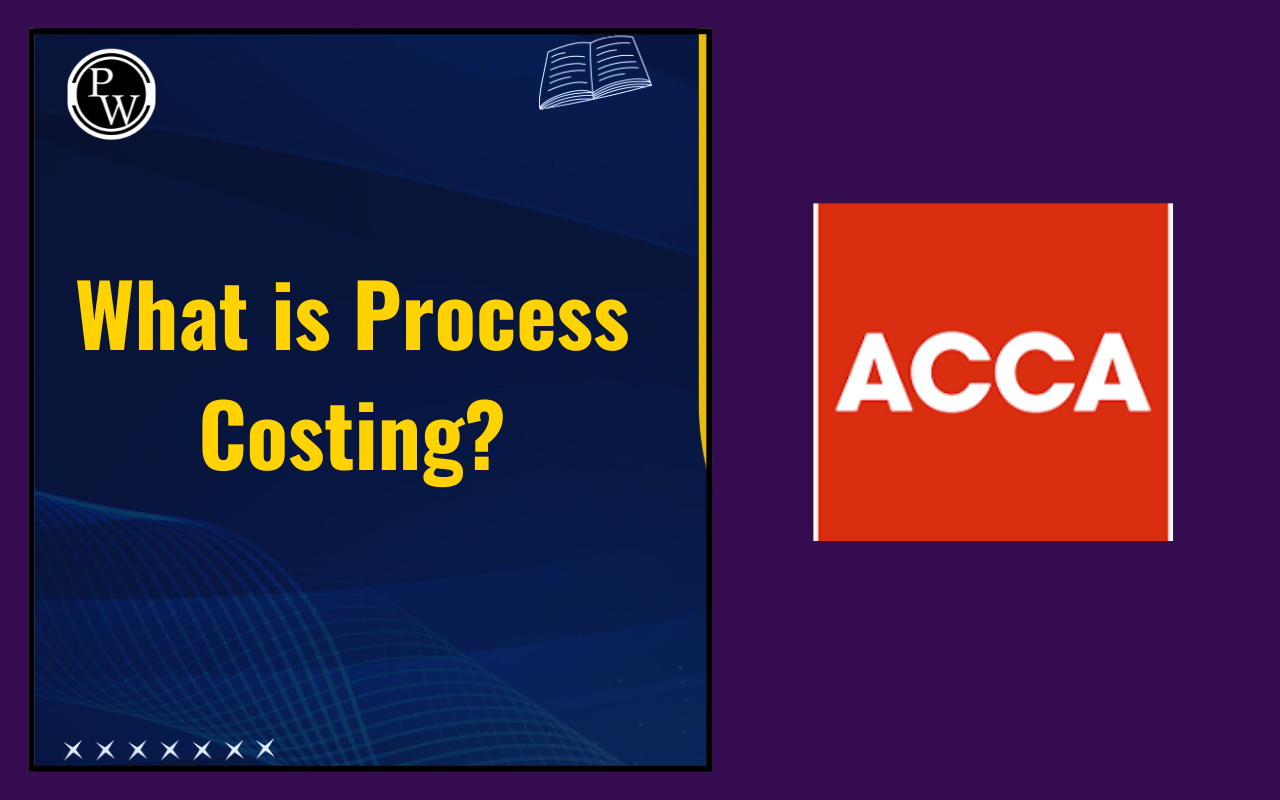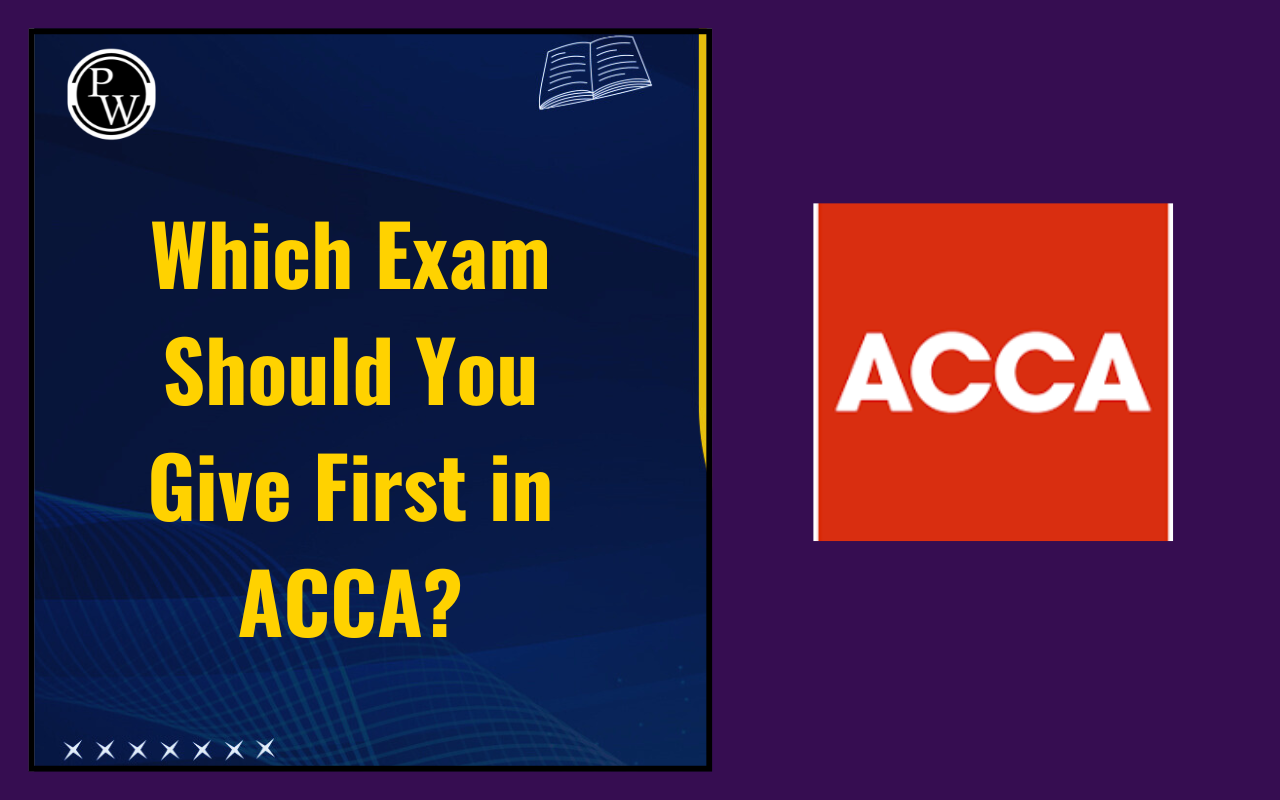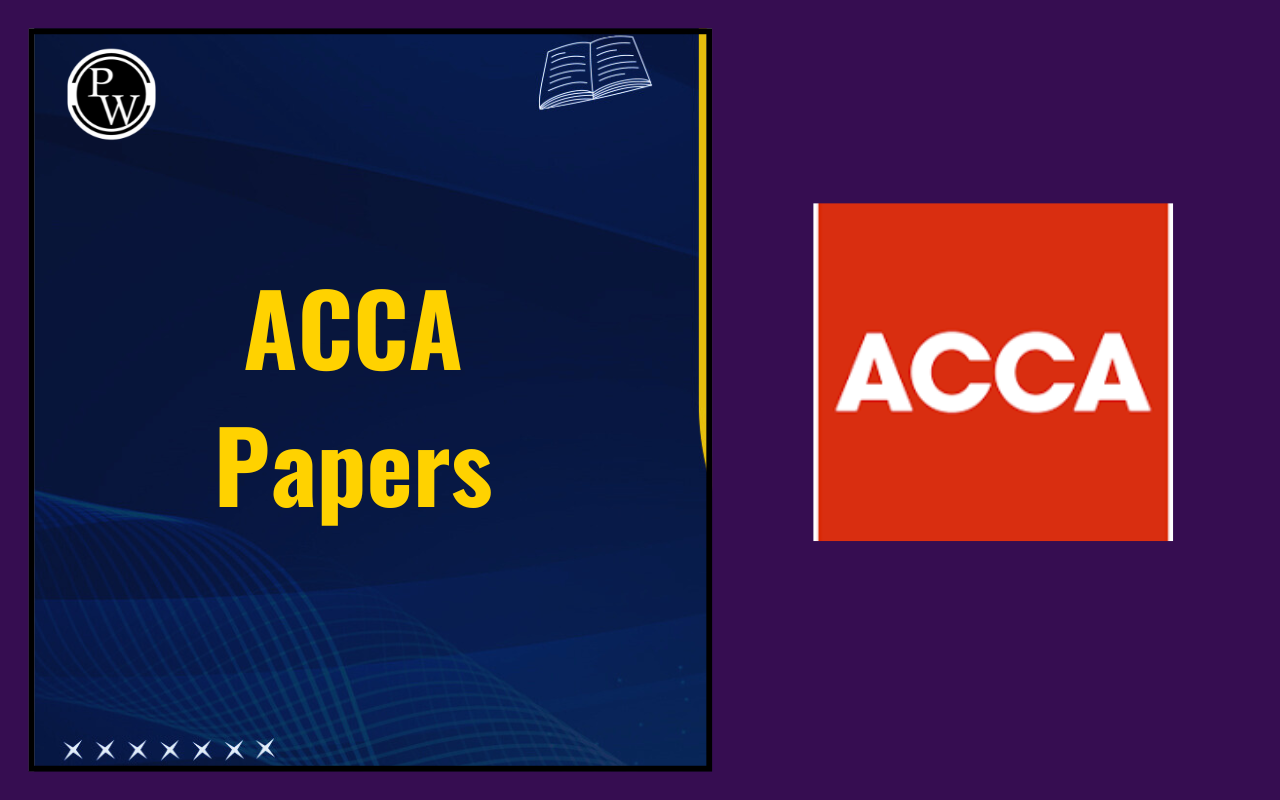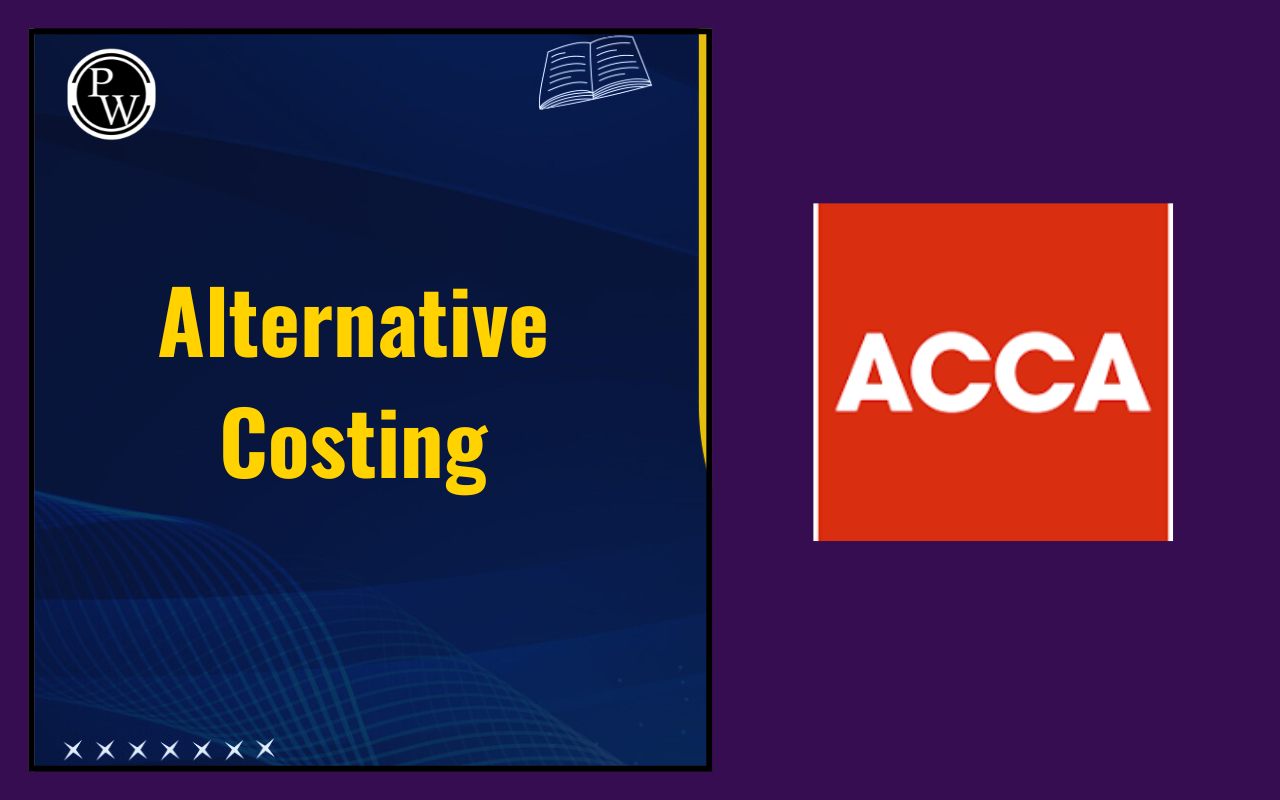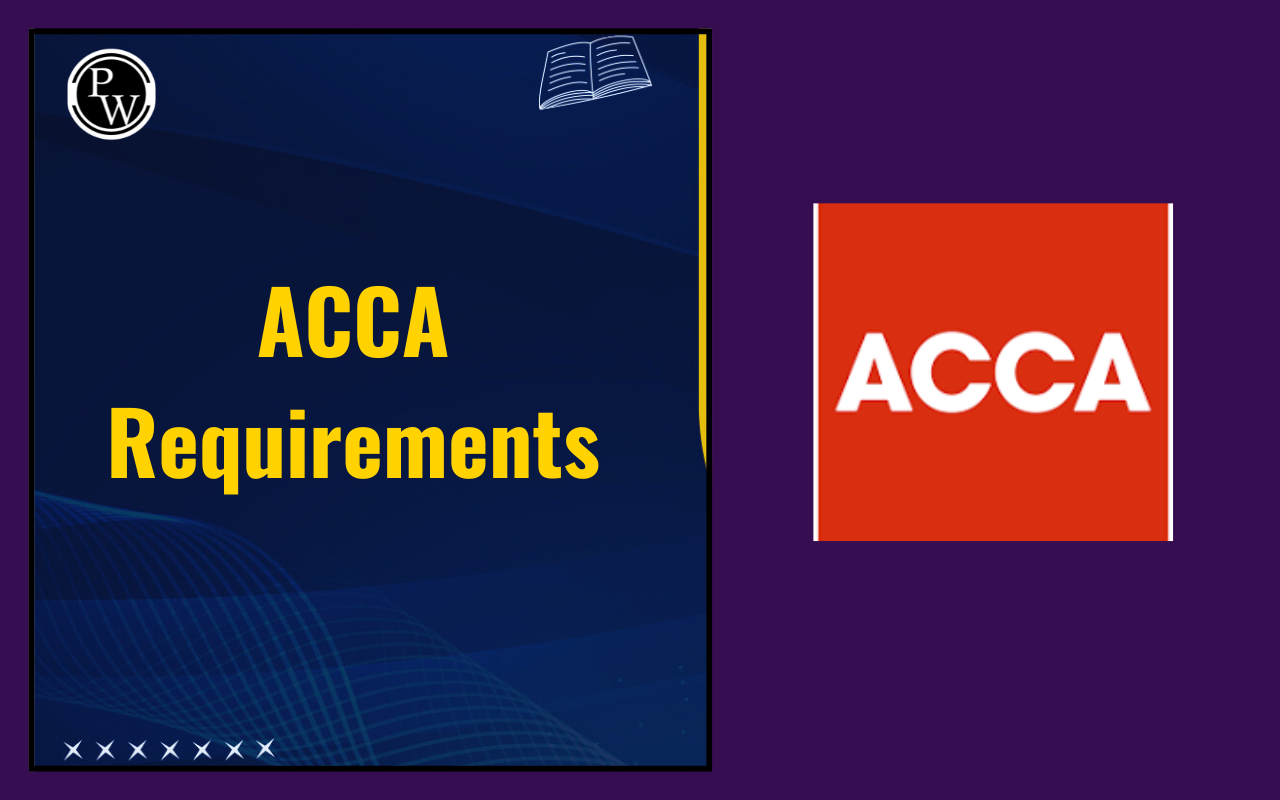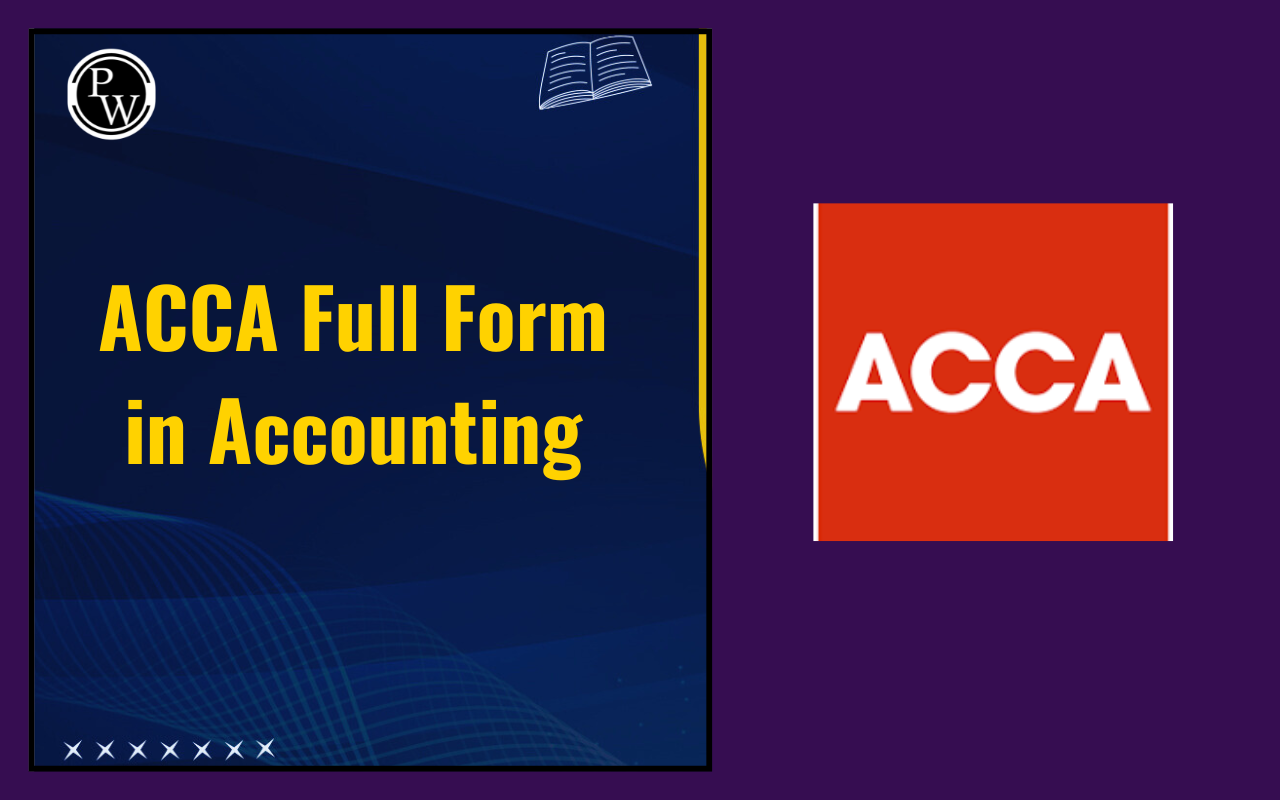
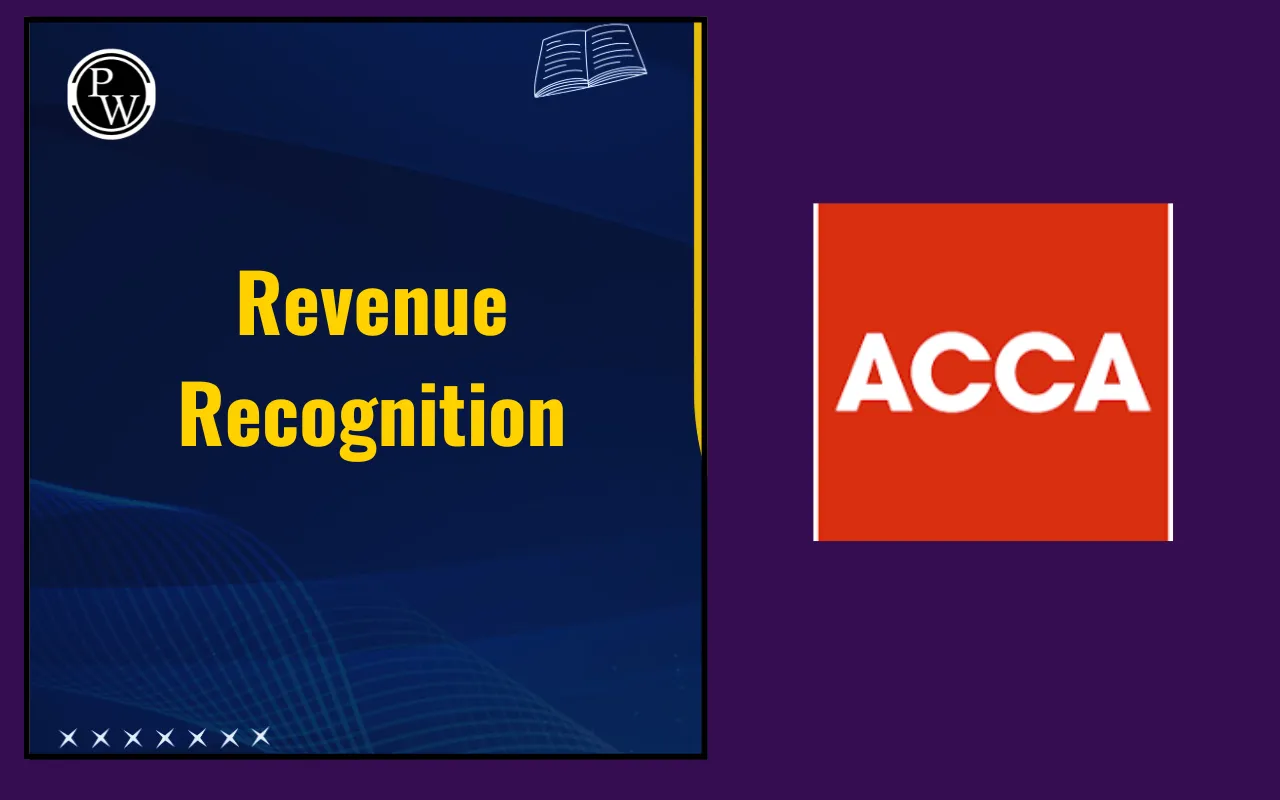
Revenue Recognition: In the ACCA Financial Accounting FA/F3 paper, one of the key topics is to understand how businesses record their revenue and handle events that occur after their financial year wraps up. Below, we’ll break down the concept of revenue recognition and Events After the Reporting Period in a simple manner.
We’ll see how companies determine the right time to recognize income and what steps they take when something happens after they’ve completed their financial reports but before those reports are officially released.
Revenue Recognition and Events After the Reporting Period
Revenue Recognition and Events after the Reporting Period focus on two key accounting principles. These regulations assist companies in understanding:
-
When to document the income they receive from clients
-
Steps to take if an event occurs after year-end but before the financial statement is distributed.
These guidelines are outlined in IFRS 15 for Revenue Recognition and IAS 10 for events following the reporting period. These criteria are a component of the explanation of ACCA FA/F3 standards.
Understanding IFRS 15 Revenue Recognition
Revenue Recognition and Events after Reporting Period encompasses a simple model within IFRS 15 for revenue recognition. This model assists businesses in preventing the wrong timing of income recognition. Here is the model consisting of five steps:
Recognize the Agreement: An agreement refers to a written or verbal pact with a client.
Determine the performance obligations: These represent the commitment to deliver products or services
Establish the transaction price: The sum the company anticipates receiving, excluding indirect taxes.
Distribute the transaction Price: Split the overall price among each product or service if offered as a package.
Acknowledge Income: Log revenue when the product or service is provided.
This model ensures that revenue from ACCA contracts is managed properly
Why is Revenue Recognition Important?
Companies must not show income too early or too late. If they do, people who use their financial reports may get confused or misled. Revenue Recognition and Events after the Reporting Period helps to build trust and makes financial results fair and clear.
For Example, if a shop sells a phone and a warranty together, it must divide the price properly. Or if the customer is likely to take a discount, the company must reduce the revenue amount accordingly. This rule is part of post-reporting events accounting and is useful in the ACCA AF/F3 exam.
Who Recognizes Revenue? Principal vs Agent
Let’s take an example:
-
If Jet Airways sells a ticket, it is the principal. It shows the full ticket price as revenue.
-
If MakeMyTrip sells the same ticket on behalf of Jet Airways, it is an agent. It only shows the commission as revenue.
This is important in the topic Revenue Recognition and Events After the Reporting Period and is tested in ACCA FA/F3 standards explanation.
Understanding IAS 10 Events After Reporting Period
Now, let’s examine the second aspect of Revenue Recognition and Events after the Reporting Period. This is founded on IAS 10 events that occur after the reporting period.
IAS 10 outlines the treatment of events occurring after the year concludes but before the reports are completed. There are two types of events:
-
Adjusting Events: These provide additional information regarding something that was already present on the reporting date. For example, a client files for bankruptcy. If he had debt at year-end, we would decrease the value of receivables
-
Non-Adjusting Events: These are occurrences that take place after the year-end and were not present beforehand. For example, a fire in the warehouse. It took place following the end of the year. It is not included in the report, but should be noted.
This guideline assists organizations in adhering to post-reporting events accounting and ensures users stay updated.
Why Events After Reporting Period Matter?
Revenue Recognition and Events After the Reporting Period makes sure the report shows the correct condition of the company. If we do not adjust or disclose these events properly, the financial statements will not be reliable. IAS 10 helps businesses be fair and open in their reporting. This is especially important in exams where adjustments under IAS 10 are required.
Example for Better Understanding
Here are some examples of everyday scenarios that will help you understand the accounting standards more effectively:
-
Performance Obligation: When you order a sandwich and a coffee, you are charged for both. However, if they belong to a combo, the cost needs to be divided accurately.
-
Transaction Price: If a product is priced at Rs1000/- and has Rs100/- GST included, the revenue amounts to Rs900/-
-
Expected Discount: If the majority of customers settle their bills early and receive a 5% discount, the revenue should be recorded after applying the discount.
These examples help us in understanding Revenue Recognition and Events after Reporting Period clearly.
Revenue Recognition and Events after Reporting Period is an essential part of the ACCA FA/F3 standards clarification. It instructs on accurately recording revenue and addressing significant occurrences following the year-end.
Adherence to IFRS 15 for Revenue Recognition and IAS 10 for post-reporting period events allows companies to make their report transparent and truthful.
| Also Check: |
| Irrecoverable Debts and Allowances for Recoverables |
| Taxation Examiner Report |
| How to Attempt ACCA MCQs Smartly for Maximum Marks? |
| Can You Finish ACCA in Two Years? |
Revenue Recognition FAQs
What is revenue recognition in simple terms?
What is the difference between adjusting and non-adjusting events under IAS 10?
Why should indirect taxes be removed from the transaction price?
What is the principal vs. agent concept?

